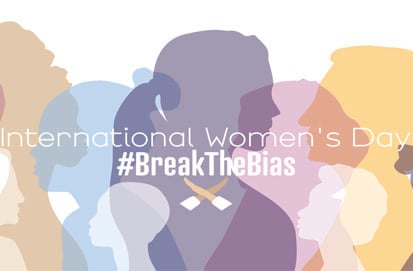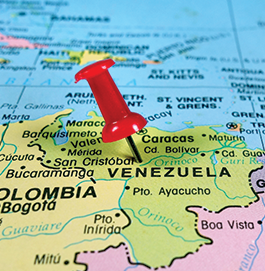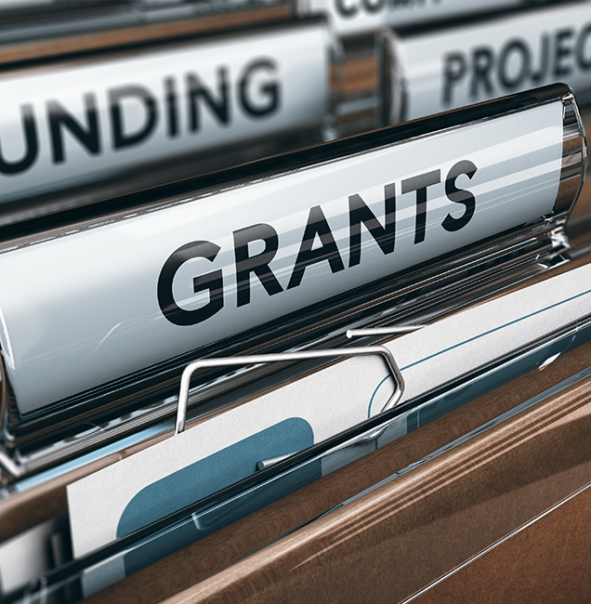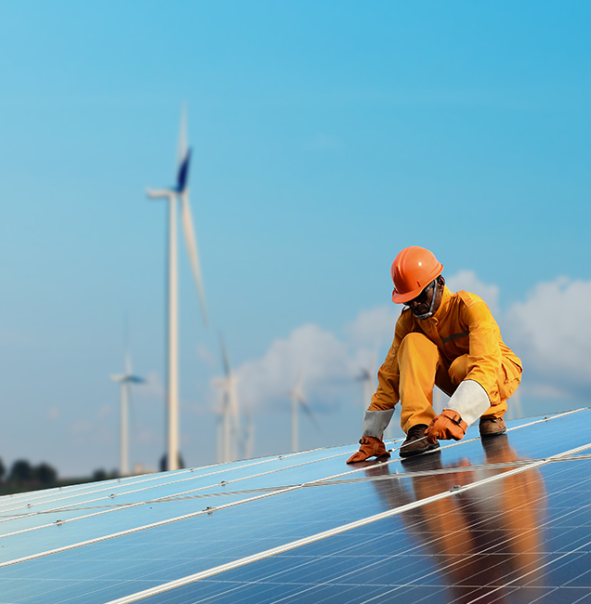‘Breaking the Bias’ in our international policy and research work
‘Breaking the Bias’ in our international policy and research work
The theme of this year’s International Women’s Day is #BreakingTheBias.
This means promoting a world free of stereotypes and discrimination and working towards societies that are more equitable and inclusive.
Internationally, these principles are reflected in the Beijing Declaration and more recently the Leave No One Behind agenda and Sustainable Development Goals 10 (reduced inequalities) and 5 (gender equality).
Breaking the Bias also means challenging misconceptions. This means moving away from narrow interpretations of gender and recognising how gender identity intersects with other factors such as age, sexual orientation, disability status, ethnicity, and religious backgrounds to shape the experiences and opportunities of the people we work with, and the multiple vulnerabilities they might face.
We have sought to Break the Bias across all of our international research and evaluation work in recent years, moving away from gender sensitivity being seen as a ‘tick box’ exercise to meaningfully mainstreaming it into the design of methodologies and in our data collection, analysis, and dissemination.
Practically, this means developing gender-specific research questions to understand the relevance of policy and programming and to interrogate outcomes from gender perspectives; considering the composition of our evaluation teams (and appropriateness when engaging with vulnerable groups); challenging gender-blind assumptions in our sampling and recruitment strategies (for example, avoiding exacerbating existing time burdens and engaging relevant gate-keepers); and taking steps to involve harder to reach groups (through using online platforms and incentives, building in sensitisation activities, piloting creative facilitation approaches and ensuring tailored ethical protocols are in place).
We have also established a Knowledge Hub on gender equality and social inclusion (GESI), encouraging the ongoing development of good practice and tools across our policy and research work, and recently piloted an innovative Engagement Group for our evaluation of Search for Common Ground’s Working Together Against Corona programme. This brings together programme participants from six countries to help in setting the research agenda, co-interpreting and stress-testing findings and helping to ensure recommendations are realistic and actionable – including for women.
We also support clients to Break the Bias across diverse policy areas, ranging from peace and security, biodiversity and social protection. Examples include:
- Challenging misconceptions on the role of women, girls and sexual and gender minorities in violent extremism. These groups experience distinct ‘push’ factors that increase their vulnerability to radicalisation, as well as ‘pull’ factors exploited by groups seeking to recruit them. At the same time, interventions sometimes struggle to acknowledge the diverse role of women in particular, shouldering them with the responsibility of spotting and preventing radicalisation rather than co-developing strategies to make interventions more effective. We produced a bespoke Gender Sensitivity Toolkit and delivered training for clients to carry out gender-sensitive conflict analysis and risk assessments, avoid harm through gender-sensitive exit strategies, mainstream gender into Theories of Change and formulate indicators to monitor the meaningful engagement of these groups in prevention and reintegration initiatives, moving beyond a ‘participation through numbers’ approach.
- Encouraging a transition from gender blind to gender transformative approaches in biodiversity projects. Recent debates, including the flagship Gender Day at COP 26, increasingly recognise that women, girls and other marginalised groups such as indigenous communities are disproportionately impacted by threats to the natural environment, yet can also play a unique role in sustainably protecting it. We developed a tailored GESI framework to assess the extent to which Defra-funded Darwin Initiative and Illegal Wildlife Trade Challenge Fund projects considered GESI, ranging from being ‘GESI blind’ (no consideration of GESI in the design, implementation, monitoring and evaluation or decision-making) to ‘GESI transformative’ (critical examination of GESI norms, roles and relationships and establishment of systems to support equality and inclusion). The framework provided a tool for scoring projects across a range of dimensions, such as ensuring plans are in place for communities to raise grievances in line with Free, Prior and Informed Consent procedures; disseminating project information in culturally appropriate ways; conducting ongoing GESI analysis to adapt and respond to changes in context or needs of groups; and building the capacity of both lead organisations and local actors to promote and advance GESI beyond project funding lifetimes. By more effectively understanding GESI sensitivity and benefits of Defra’s current portfolio, we are highlighting best practice on GESI mainstreaming, identifying areas for improvement and supporting investments in a GESI transformative portfolio in the future.
- Understanding the challenges faced by women in multilateral contexts. Our evaluation of the FCDO African Union Support Programme assessed some of the institutional barriers faced by women and helped us to develop specific recommendations for building their skills, capacities and opportunities. We also identified strong examples of programme secondees ensuring the challenges faced by women informal traders were included in the African Continental Free Trade Agreement (AfCFTA) and its national implementation strategies, and developed recommendations for strengthening the inclusion of gender considerations in election observation, monitoring and reporting.
- Strengthening the gender-responsiveness of social protection systems. Social protection for women and girls reduces poverty, improves access to education and health, strengthens economic opportunities and reduces gender-based violence. Ecorys and Itad are evaluating the FCDO’s flagship Gender-Responsive Social Protection programme, which is working with UNICEF and the World Bank to address the gap in policy and practice on integrating gender into social protection approaches. The aim is to ensure social protection systems address income insecurity together with other persistent barriers faced by women and girls and other vulnerable groups. We have recently concluded the first of three progress reports, helping to understand what works in terms of influencing national governments’ policies, programmes, systems, evidence and financing, and how efforts to strengthen gender-responsive social protection globally can be improved to ensure systems-level change.
Bringing the voices of women, girls and other vulnerable groups to the forefront. As one of the service providers for the Independent Commission for Aid Impact (ICAI), we supported reviews of efforts to Prevent Sexual Violence in Conflict and responses to the Humanitarian Crisis in the Aid Sector. Key recommendations included the need for more formalised survivor consultation processes during project design, strategy and response and more proactive engagement of community actors trusted by affected populations.
Next steps
There is always more work to be done in Breaking the Bias. Although 2022 marks a decade since the World Bank’s landmark Gender Equality and Development report – with significant strides being made in terms of strengthening women’s economic rights, improving maternal mortality rates and increasing girl’s access to secondary education – significant gaps remain, and COVID-19 risks exacerbating long-standing challenges. Read more about our work during the pandemic here – including our assessment of its impact on women and children and other vulnerable groups in Ethiopia.

7 March 2022
6 minute read
Services
Key Experts
Amy Dwyer
Senior Research Manager
Liam Shah
Research Manager
Lucia Solda
Research Manager



